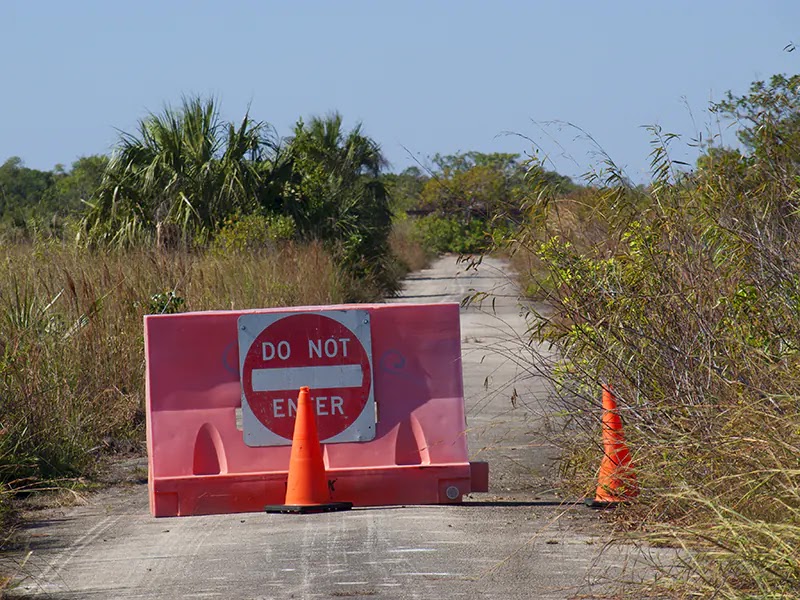Ernest Hemingway's "Oklahoma": "All of the Indians are dead (a good Indian is a dead Indian)"
 |
| Page of an edition of "Three Stories & Ten Poems" from Ernest Hemingway. |
Here we go with Hemingway poetry. Harsh. But we know what to expect from his sharp journalistic prose and iceberg theory.
"Oklahoma" was published in 1923 in Three Stories & Ten Poems - affiliate link to Amazon. The name says it all: the "Oklahoma" of the Choctaw language - means "red people" -, and Oklahoma the state seen through its genesis, the Indian Territory.
American Indians or Native American - whatever suits you, but many of them prefer the first name - in their new way of life.
Now to the poem.
All of the Indians are dead(a good Indian is a dead Indian)Or riding in motor cars—(the oil lands, you know, they’re all rich)Smoke smarts my eyes,Cottonwood twigs and buffalo dungSmoke grey in the teepee—(or is it myopic trachoma)The prairies are long,The moon rises,PoniesDrag at their pickets.The grass has gone brown in the summer—(or is it the hay crop failing)Pull an arrow out:If you break itThe wound closes.Salt is good tooAnd wood ashes.Pounding it throbs in the night—(or is it the gonorrhea)
There is a lot behind the short lines: the "good Indian" "dead Indian" of General Sheridan, the oil of the Osage Tribe, the cottonwood and the buffalo dung of campfires - perhaps also the cottonwood that "gave birth to the stars" -, the STD with its pain and blindness, the old American Indian remedies...
Clever Hemingway.


Comments
Post a Comment